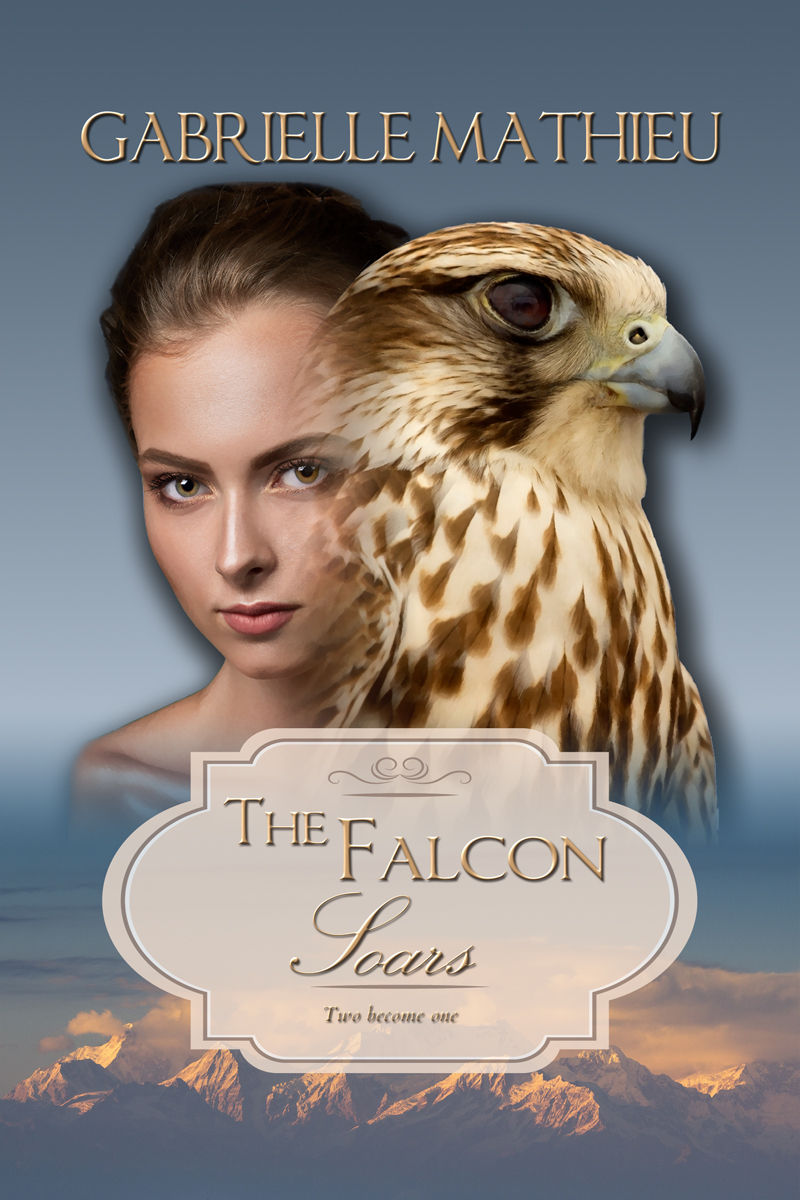Books We Loved, Jun. 2018
- C. P. Lesley
- Jun 15, 2018
- 4 min read

And don't miss the conclusion to Gabrielle Mathieu’s wonderful Falcon Trilogy, The Falcon Soars, released just this month!
After causing the death of her lover and bringing the wrath of the IRA down on her family, Peppa Mueller is determined to redeem herself, even if it means suppressing her falcon totem. But past enemies are looking for her.
Her promising neurosurgery career is interrupted by an assassination attempt. Then the one friend she’s always counted on is called away on an emergency mission to Tibet. Convinced the mission will fail without her medical knowledge, Peppa jeopardizes her career and upcoming marriage to join him.
In the wilds of the Himalayas, Peppa will find out that out that unless you make peace with your past, there is no future.
Now to our picks for June: quite a collection, as you'll see.

Frederick Barthelme and Steven Barthelme, Double Down: Reflections on Gambling and Loss (Mariner Books, 2001) While the subtitle of this book might suggest that it is a collection of essays on luck (or lack thereof), it is really a memoir that includes musings on luck, written by not one author but two. Frederick and Steven Barthelme are brothers as well as English Literature professors teaching at the same college. And yes, they are both gamblers. The story is written in the first-person plural (we), with switches to third person when it is necessary to distinguish Rick’s activities from Steve’s. But for the most part “we” works, because the important events in their lives—from going to casinos to going to jail—they do in unison.
Double Down is a great read. The brothers are no less baffled by the fact that they could become diehard gamblers who regularly lose money than the reader is. Their effort to find out why they do what they do requires a telling of their whole life story. Their loving mother, their demanding father, their wayward siblings all come into play, and the brothers describe them all with the same beautiful objectivity with which they describe what it’s like to lose $10,000 on a single hand of blackjack. Despite the trouble they find themselves in, spending time in their company is a delightful experience.—JS

Jacqueline Carey, Starless (Tor Books, 2018)
Fierce and true, the warrior-child Khai captured my interest from the opening lines of Jacqueline Carey’s newest novel, Starless. Khai was chosen, while still an infant, to protect the youngest child of a nearly immortal royal family, the Sun-Blessed. As a service to the gods, Kai was handed over by his own family to a warrior-sect of monks, who live in a group of rock dwellings in the desert.
Khai grows up in a harsh and disciplined world, where honor and fealty mean everything. As the chosen of the God of the Scouring Winds, Khai must face the god as part of his final test, before his confirmation as the warrior who will protect Princess Zariya. Parhkun, the Scouring Wind, is not an easy God to serve. He marks Khai’s cheeks with the slash of a scorpion’s tale and a viper’s venomous bite.
However, the test of endurance requires only bravery and the ability to withstand pain. Once Khai reaches the court of the Sun-Blessed and sets eyes on Princess Zariya, his soul twin, he realizes how much he still has to learn. He is a simple person: a seasoned warrior but a neophyte to the intrigues of the court. To protect the princess, he will need to use his wits, as well as his strength.
Carey’s world is rich and engaging. Unique gods such as Luhdo the Loud, as well as a human-like race that resembles mayflies, replace the stock characters familiar from so many novels.—GM

Sally Koslow, Another Side of Paradise (Harper, 2018)
The name of F. Scott Fitzgerald, author of The Great Gatsby and literary king of the Jazz Age, is inextricably linked to his dashing and difficult wife, Zelda. But Zelda spent her last years in a mental hospital in North Carolina (the subject of Lee Smith’s wonderful Guests on Earth), while post-Jazz Age Scott struggled to keep the bills paid and himself in alcohol by penning scripts in Hollywood.
Sally Koslow’s new book looks at that period of Fitzgerald’s career and especially his romance with the reporter Sheilah Graham, an independent career woman in an era when that was far from the norm. Like Fitzgerald, Graham is a mass of abilities and insecurities, outspokenness and secrets, but together they create a loving, supportive partnership that sustains Fitzgerald through his last years and even gives rise to a new novel, The Last Tycoon.—CPL

Don Marquis, archy and mehitabel (Anchor Books, 1990)
Take a trip into the past with archy and mehitabel by Don Marquis. Written in 1916–1921, this old collection of free-verse poetry has the alluring protagonist archy (deliberately not capitalized). archy is a cockroach—you read that right—and he types on a sheet of paper left in the typewriter overnight. He’s a free-verse poet reincarnated as a cockroach, and he can type only by diving head-first onto a letter and can’t hold down the shift key to capitalize.
If it sounds cutesy, it is, but the cuteness wears off fast, and real poetry surfaces. Full of social commentary, lyrical free verse, and a wry view of life, these poems enchant while giving us a bug’s-eye view of society in the early part of the twentieth century. If you’re wondering, mehitabel is an alley cat, a little free with herself, whose mottoes are wotthehell and toujours gai, despite the trials of hunger, feckless tomcats, launched cans, and unexpected kittens that plague a life in the alley. Don’t miss it.—CHL




Comments